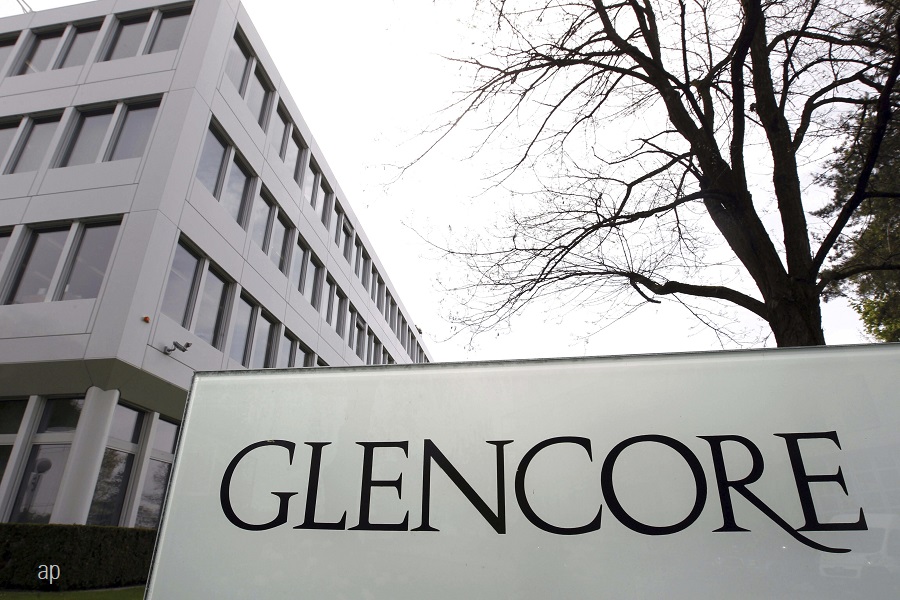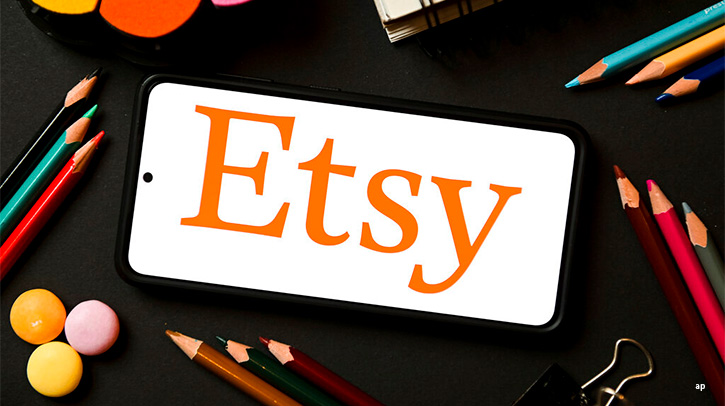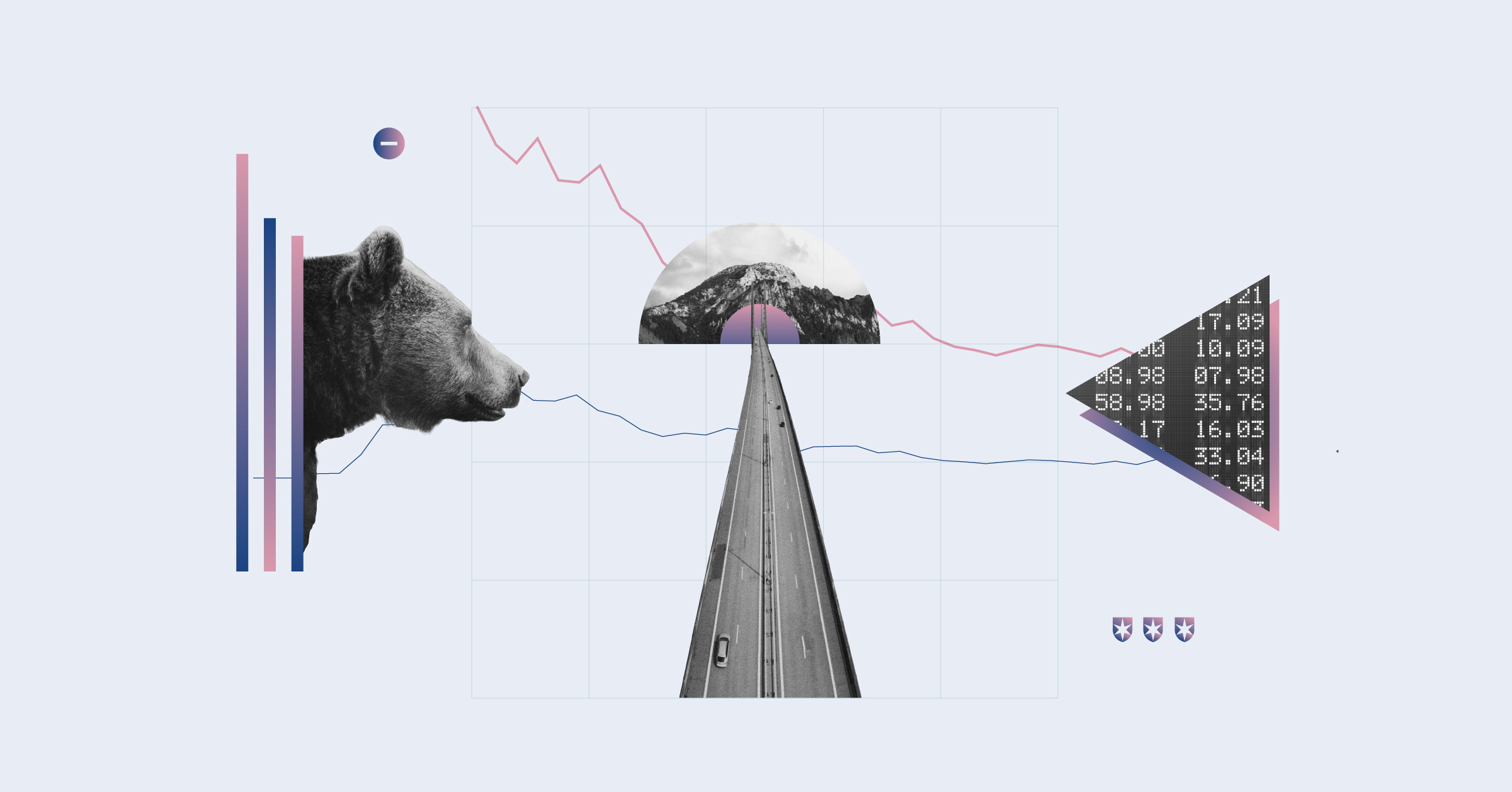
No-moat-rated Teck Resources has agreed to sell 77% of Elk Valley Resources, or EVR, its metallurgical coal business in British Columbia, to no-moat Glencore. Japanese steelmaker Nippon Steel and Korean steelmaker Posco are to own the rest of EVR. The implied value for EVR (100% basis) of roughly USD 9 billion is modestly higher than Glencore offered earlier this year as an alternative to its initial proposal to purchase all of Teck. We think the sale price is reasonable for shareholders of both companies, with the deal expected to close in the third quarter of 2024. Teck intends to return some of the EVR proceeds to shareholders and maintain a strong balance sheet and its capacity to grow copper output, which seems sensible. Glencore will combine EVR with its existing coal business and, after paying down debt, intends to spin off the enlarged coal business to its shareholders.
We previously assumed Glencore would likely purchase all of Teck and update our fair value estimates for both to reflect the sale of EVR. Our fair value estimate for Glencore rises to GBX 515 per share, from GBX 500, while Teck’s fair value estimate falls to USD 34 per share, from USD 39. Our estimate for Glencore rises as there is less dilution than we previously expected—while Teck’s estimate falls as we don’t think Glencore is overpaying to the extent that we thought it would under its original proposal to purchase 100% of Teck. On selling EVR, Teck will be a base metals business primarily exposed to copper, with volumes expected to grow by about two thirds in the next two years.
We think demand for EVR’s high-quality metallurgical coal to make steel via the blast furnace process will persist, but we acknowledge that some investors prefer not to own coal miners. As such, Teck’s sale of EVR and Glencore’s intention to separate its enlarged coal business from its marketing and base metals businesses strikes a good balance and allows investors to choose their preferred commodity exposures.
Teck has a significant copper growth pipeline, driven by the ramp-up of its new Quebrada Blanca 2 mine, or QB2, in Chile. We forecast Teck will sell around 490,000 metric tons of copper—its share—in 2025, up from roughly 300,000 in 2023. QB2 will also likely lower Teck’s average copper unit cash costs to around the first quartile on the industry cost curve. Its copper growth pipeline includes the potential extension of its existing Highland Valley Copper mine, expansions at QB2, and the San Nicolas and Zafranal projects. With the major miners and others optimistic over increased demand for copper for use in decarbonization and electrification, we think this makes stand-alone Teck attractive to potential acquirers. Though Glencore is prevented from potentially bidding for Teck’s remaining business for two years after the EVR sale closes.
As for Glencore, the purchase of the EVR stake means its earnings will likely remain dominated by coal until the proposed demerger, with its coal division accounting for around 50% of our forecast EBITDA on average over our five-year forecast period. We forecast EVR to sell roughly 25 million metric tons of metallurgical coal in 2025, adding to our forecast sales of around 110 million metric tons of mostly thermal coal for Glencore’s existing coal business.






:quality(80)/cloudfront-us-east-1.images.arcpublishing.com/morningstar/7WLK3HWLZBFR7NKI45PXWUD6OI.jpg)














